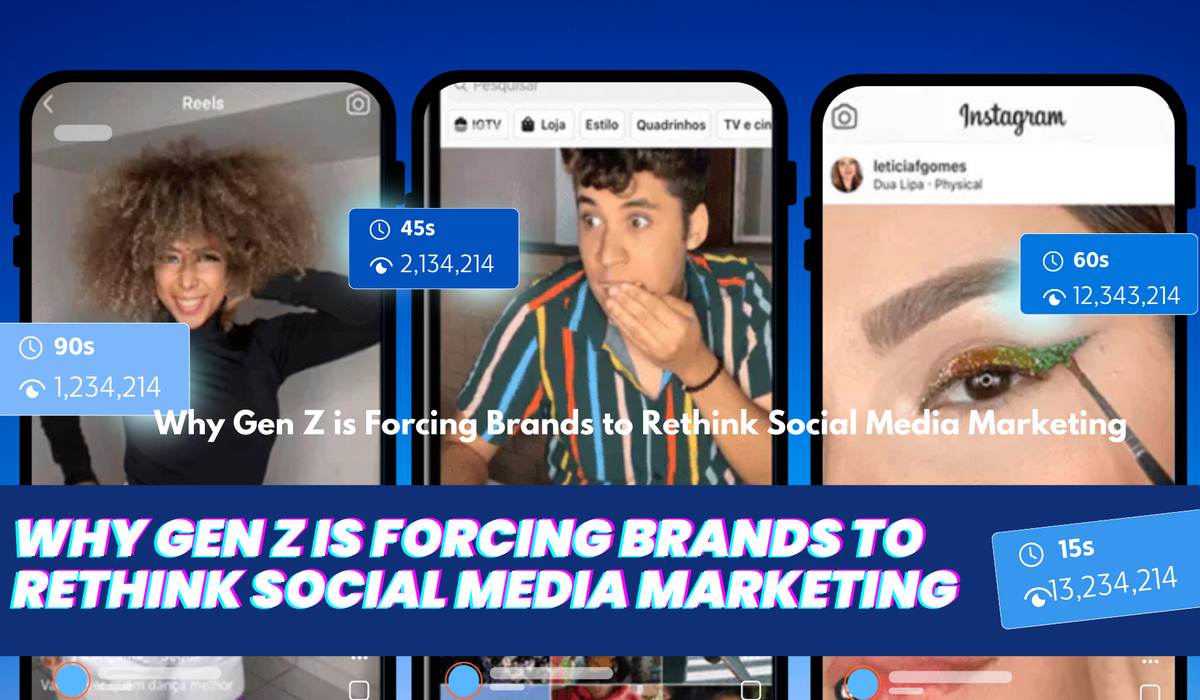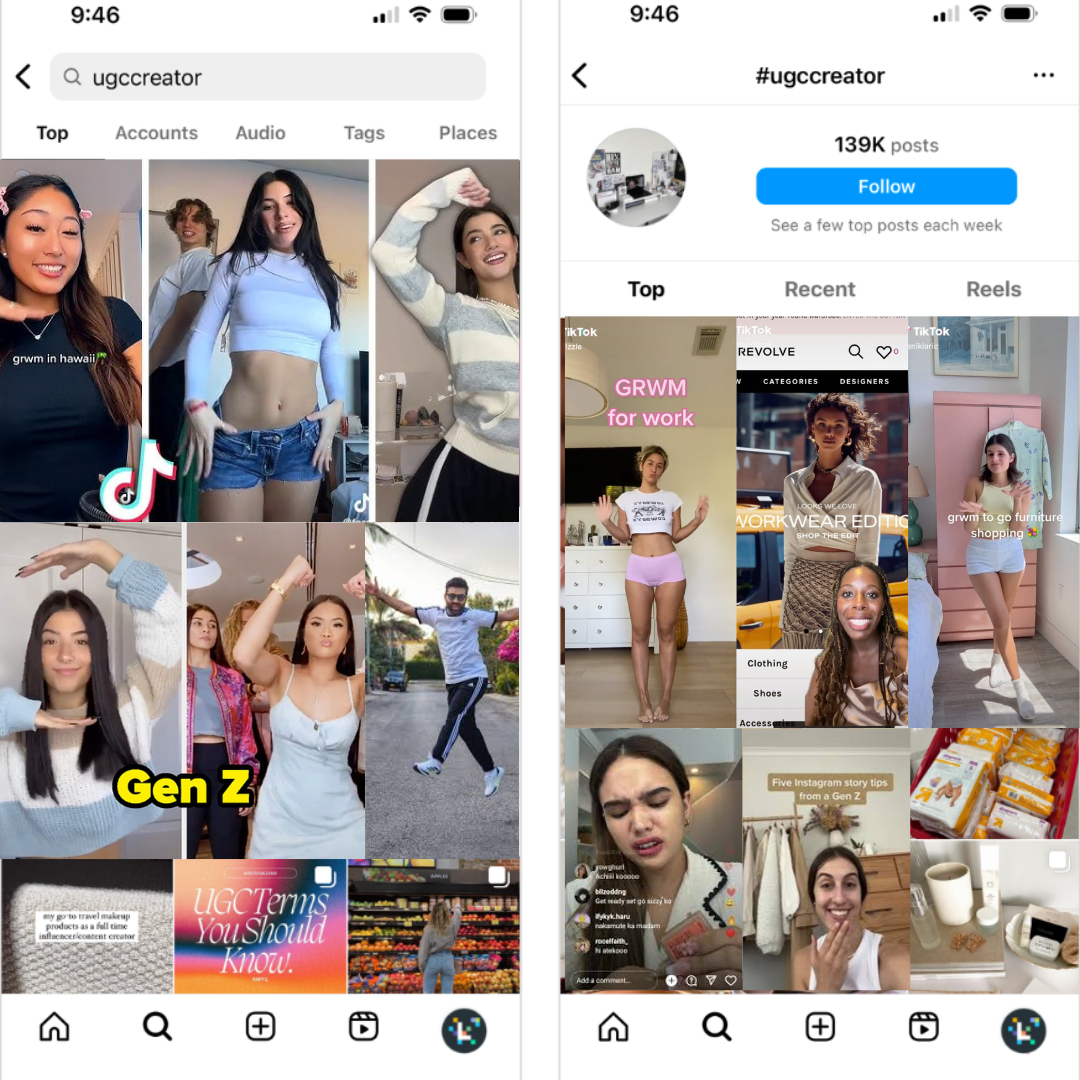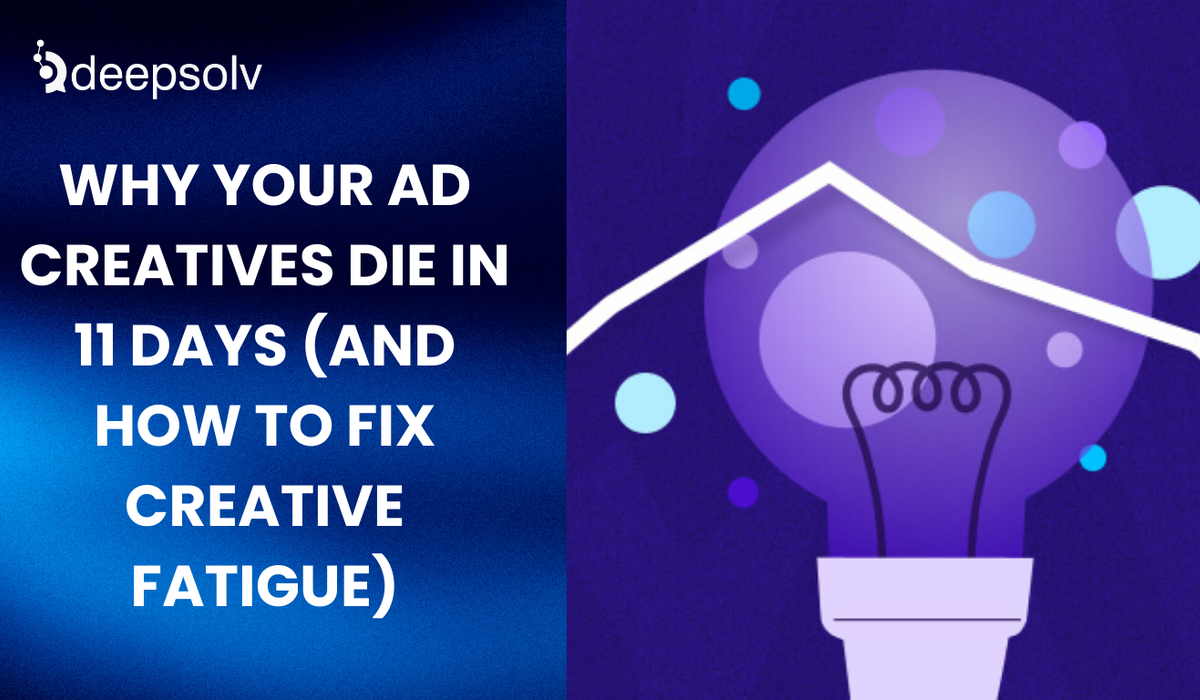Why Gen Z is Forcing Brands to Rethink Social Media Marketing
8 min read
Published: 2/16/2025

Gen Z is not a buzzword anymore in 2025. In fact, this demographic is rewriting the rules of social media and online engagement. It has become increasingly important for brands to keep up with their demands with the speed of lightning. Gen-Z is all about valuing authenticity, prioritizing inclusivity and sniffing out artificial fluff from a mile away. What worked 5 years ago, is no more applicable for Gen-Z.
The key to connect with the newer audience is not through traditional marketing playbooks, but about creating authentic content. They value content that resonates with them on an emotional, cultural and personal level.
Think about it, Gen Z has never really witnessed the world without smartphones, Wi-Fi, or TikTok trends. They are truly the first truly digital generation that is driving social media innovation. More Gen Z are turning into hardcore social media consumers and even creators. However, their relationship with brands is far more nuanced. They are more skeptical than millennials and expect brands to meet them where they are- on their terms.
Throughout this blog, we will dive deep into how brands can adapt and thrive in this new social media landscape and audience.
Why Brands Can’t Afford to Ignore Gen Z

If we go by the statistics alone, Gen Z’s global population is over 2.5 billion alone. They are not just a niche market but an active spender and user. Their projected spending power of $12 trillion highlights why brands need to win their trust now.
Social media has also transformed from a social connection tool to a search engine. Gen Z don’t just browse Instagram to connect with their social circle, but also research products, discover trends and connect with like-minded communities. In fact, over 86% of Gen Z uses social media to discover a new product, making Instagram and TikTok critical for brands.
Therefore, brands need to increasingly ensure that they are visible and engaging on the platforms Gen Z frequently uses.
The Defining Traits of Gen Z’s Social Media Behavior
1. Multi-Platform Power Users

While a large proportion of millennial audience still prefers Whatsapp or Facebook, Gen Z is shifting this trend. They navigate between platforms for different purposes. Be it Instagram for aesthetics, Youtube for tutorials, LinkedIn for networking- each platform serves a unique purpose in their digital life.
Brands can no longer be dependent on a one-size fits all strategy. As per a 2024 study, 91% of Gen Z users are on Instagram, while Tiktok follows closely at 86%. It is vital for brands to tailor their content effectively for each platform. Adaptation and execution is the key to success on social media.
You can learn more about repurposing here.
2. Authenticity Trumps Perfection

Believe it or not, the days for overly polished ads and highly edited videos are gone. Gen Z now craves content that feels real, raw and relatable. They are drawn to behind-the-scenes glimpses, unfiltered and real stories, and brands that feel more like a person.
For instance, a skincare brand Topicals continues to highlight all types of customer feedback, even the negative ones. It builds trust by showing more transparency and willingness to improve. They simply don’t let themselves be vulnerable, but also promise improvement.
Brands need to practice authenticity in all forms and platforms. It should almost become the part of their voice, persona and unique values. Here are some tips that you can follow,
- Imagine that your brand is a person. Create a brand playbook accordingly that speaks the language of your consumers.
- Focus highly on replying to your DMs and comments, aligning with your brand voice. This is where Deepsolv comes into the picture, by automating authentic community management for brands by saving their time and resources.
Collaborate with creators who align with your brand values. Prefer to partner with micro-influencers as their audience feels more personal and connected.
What Brands Are Doing Wrong (and How to Fix It)
1. Jumping on Every Trend Without Strategy

Trends are helpful, but not necessary for your brand. Hopping on every viral trend can dilute your brand voice in the long term. Therefore, you need to create a unique voice rather than simply following what others are doing.
For instance, a D2C olive oil brand called Graza often blends humor with product marketing. They ensure that their content feels both fun and strategic.
Focus on communicating to your audience by being original, not simply trendy.
2. Focusing on Follower Count Over Engagement

Having a million followers on Instagram means nothing, if they don’t feel a sense of community. Gen Z increasingly values conversations over followers counts. They prefer brands that interact and respond to comments.
What brands can learn:
- Prioritise engagement-driven metrics such as comments, shares and saves.
- Be present in conversations and answer questions promptly.
Acknowledge and drive user-generated content to build meaningful connections.
How to Win Gen Z’s Loyalty (Without Trying Too Hard)
1. Lean Into User-Generated Content (UGC)

You might have already witnessed a lot of brands shifting from perfectly edited influencer videos to UGC content. In fact, they are a goldmine for brands trying to earn loyalty. 53% of Gen Z consumers reveal that they are less likely to buy products with negative consumer sentiment and reviews.
Thus, brands need to encourage consumers to share their experiences naturally and reward them with shoutouts or exclusive perks. For instance, Lululemon’s #thesweatlife campaign is fueled by everyday users, as they showcase their workouts while flaunting the brand’s gear. It not just feels natural but also drives community building for the brand.
Pro Tip: Brands can create a branded hashtag or challenges to encourage UGC submissions, and make it incredibly easy for these customers to join your community.
2. Prioritize Purpose-Driven Content

Gen Z has become increasingly conscious about associating with a brand that stands for something. It can be about sustainability, mental health, women rights or social justice, they expect brands to contribute meaningfully.
However, performative activism no longer works for Gen Z. They can easily spot it. In fact,a majority of them lose trust when brands don’t back up their claims.
For instance, a brand called Patagonia focuses on actionable steps- donating profits, hosting environmental workshops and actively sharing these updates on sustainability. The audience feels that they are the part of this movement and effort.
Don’t focus on perfection, but emphasize showing progress openly to your consumers.
3. Tap Into Influencer Collaborations (But Be Selective)

The key to win influencer marketing is all about valuing authenticity and being highly selective. Gen Z values influencers who genuinely love and associate with the products they promote. The motive here is to not sugarcoat, but to be true. They can spot a forced partnership from miles away.
Even Topicals chooses to work with influencers who resonate with their brand and create content that feels organic and relatable- just like their brand voice.
Ensure that you prioritise influences who have high engagement rates, rather than just large followings.
Navigating Gen Z’s Social Media Challenges
While Gen Z spends a majority of their time online, 63% of them have taken a social media detox in the past year. Therefore, it becomes vital for brands to balance visibility with respect for their audience’s need for breaks.
Brands also need to be cautious about content that looks completely AI-generated and non-human. A majority of Gen Z audience fear AI oversaturating social feeds and spreading misinformation. Brands should use AI that really adapts to their brand tone and style, and this is what Deepsolv enables them to achieve.
Final Thoughts: The Future of Gen Z Marketing
Gen Z is setting the tone for the next era of social media marketing, and brands must evolve to stay highly relevant. Whether it is through UGC, community management or purposeful influencer collaborations, the key is to maintain genuine engagement.
Don’t just market to Gen Z, but continuously learn from them, and adapt as their preferences change. When done right, your brand won’t just feel like a product, but a part of their lifestyle.



